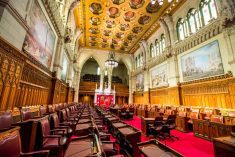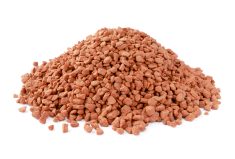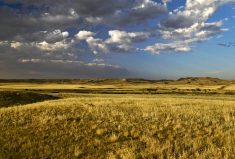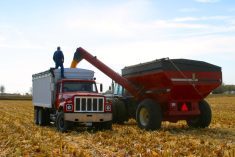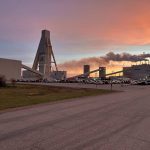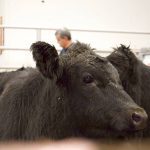“Our objective is not only to meet but exceed the target in our climate change plan.”
– CARLOS MINC, ENVIRONMENT MINISTER
Brazil is on track to meet its target to reduce Amazon deforestation this year and will cut credit to ranchers and meat packers who raise or buy cattle from illegally logged land, the environment minister said June 2.
A new released quarterly government report showed that 76 square miles (197 sq km) of the world’s largest rainforest were destroyed between February and April, a 90 per cent reduction from the same period last year.
Read Also
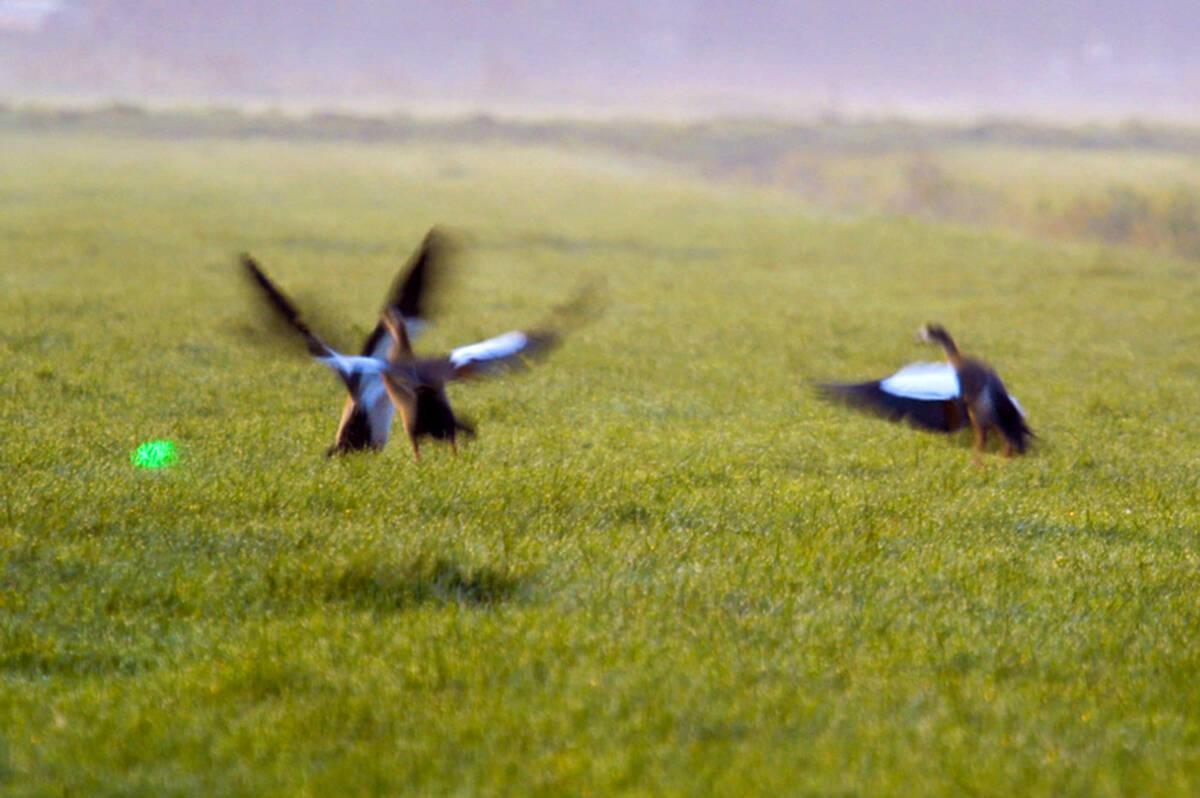
Canada’s import ban on Avix bird control system ruffles feathers
Canadian producers’ access to Bird Control Group’s Avix laser system remains blocked despite efficacy studies and certifications, as avian flu deaths rise.
Even though intense cloud cover may have impaired the accuracy of the report based on satellite images, it showed a clear downward trend, Environment Minister Carlos Minc said.
“We will have the lowest deforestation rate in 20 years,” Minc told a news conference in the capi tal Brasilia.
Increased policing was the main reason for the falling rates, Minc said. But experts say lower demand for global food commodities reduced pressure on the Amazon.
Last year Brazil abandoned years of opposition to deforestation targets to announce it would reduce destruction in the world’s largest rainforest by 50 per cent in a decade.
Minc, who faces stiff opposition from a powerful farm lobby, is under pressure to show the world community he can deliver, particularly ahead of a major climate change summit in Copenhagen in December.
“Our objective is not only to meet but exceed the target in our climate change plan,” Minc said.
This year’s target is about 3,552 square miles (9,200 sq km) in the 12 months through July, the lowest on record and down from 4,600 square miles (11,900 sq km) the year earlier.
In addition to loggers and landless peasants, ranchers are often blamed for contributing to the devastation as Brazil’s agricultural frontier, including beef production, has expanded due to strong foreign demand in recent years.
Minc said he agreed with a Greenpeace report May 31 that Brazilian beef fuelled destruction and that the government was complicit by funding it.
“This ministry shares the (report’s) view. Cattle ranching today is the main culprit of deforestation,” Minc said.
Eleven meat packers, 20 cattle ranches and 72 suppliers would be banned from receiving government funds earmarked to rescue the beef industry, which is in trouble due to the global financial crisis, Minc said.
They raised and bought cattle from illegally deforested land, he said.
“We can’t have public money financing deforestation,” said Minc, who complained in early June about a lack of government support
in carrying out his environmental agenda.
He has been confronting the Transportation, Agriculture, and Energy ministries, who say his environmental regulations on roads, farms, and hydroelectric plants are too strict.
He has announced a new crackdown led by environmental police on illegal loggers in June and July, saying he had the full support of President Luiz Inacio Lula da Silva.
“There will be a total offensive, with Lula participating,” Minc said.




